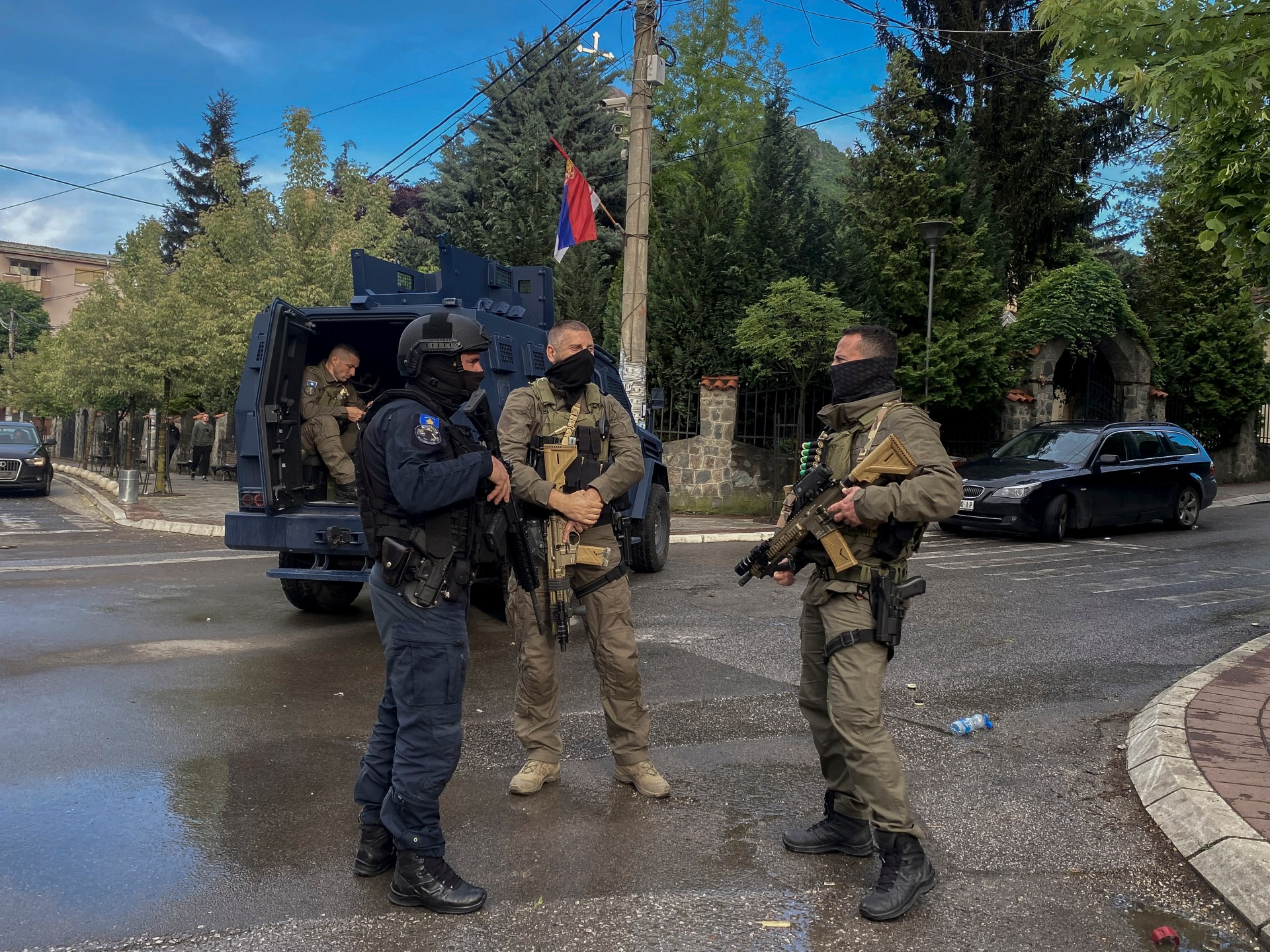NATO Calls for Reduction of Tension Between Kosovo and Serbia Following Clashes

Tensions between Kosovo and Serbia have been escalating since the Kosovo government recently announced that it would be appointing new mayors in parts of Kosovo populated by ethnic Serbs. The decision has triggered protests from Kosovo’s Serbian minority who are opposed to the move, and was followed by the deployment of Kosovo’s security forces.
In response, NATO chief Jens Stoltenberg has called on both sides to de-escalate tensions and to not take any further unilateral, destabilizing steps. He has also asked for restraint from both sides and urged all parties involved to engage in constructive dialogue.
Stoltenberg has also spoken to European Union foreign policy chief Josep Borrell about the situation in Kosovo. The EU is providing assistance to Kosovo in the form of economic aid, as well as through engagement in the Belgrade-Pristina dialogue.
Kosovo declared independence from Serbia in 2008 and has since been recognized by more than 110 countries, but not by Serbia. While Kosovo is a member of the UN, Serbia still exercises control over some parts of the country, including the three municipalities inhabited mostly by ethnic Serbs.
The appointment of the new Albanian mayors by the central government in Pristina has raised tensions between Kosovo and Serbia. The Serbian government has condemned the decision and accused Kosovo of attempting to create ethnically divided territories.
For his part, Stoltenberg is hoping to avoid an escalation of tensions between the two countries. He has urged Pristina to refrain from taking unilateral steps which could further destabilize the region. As such, he has expressed his belief that further dialogue between all sides is the only way forward.
Ultimately, both NATO and the EU are committed to promoting a return to dialogue and supporting peace and stability in the region. The appointment of the mayors should not be used to further fuel ethnic divisions. Both NATO and the EU are urging both sides to exercise restraint and take steps towards de-escalating tensions.